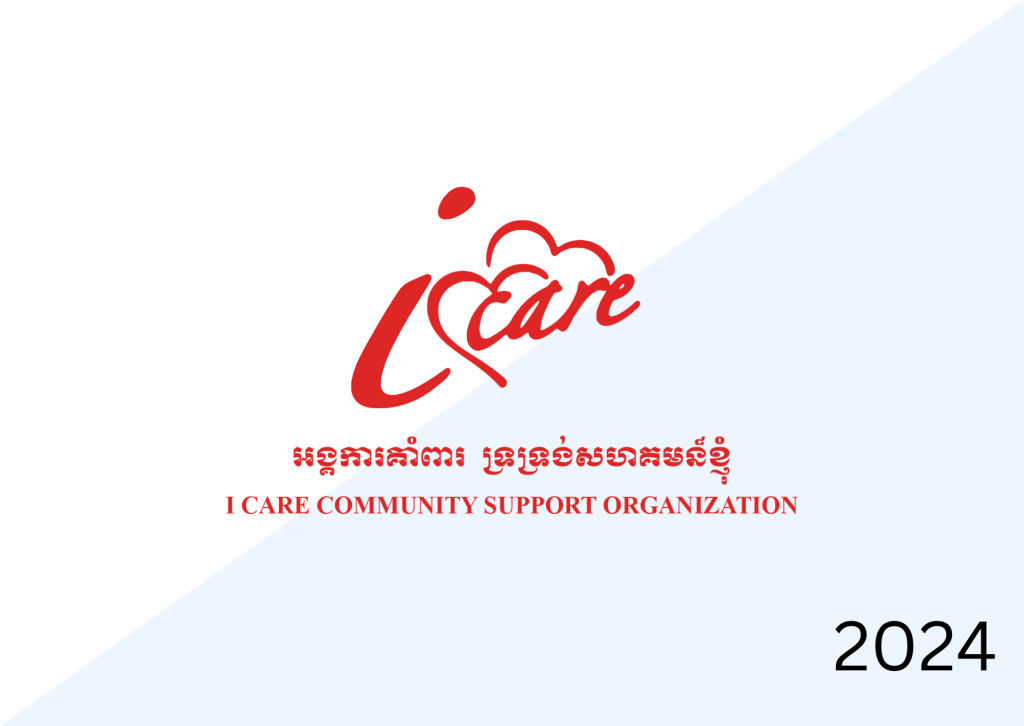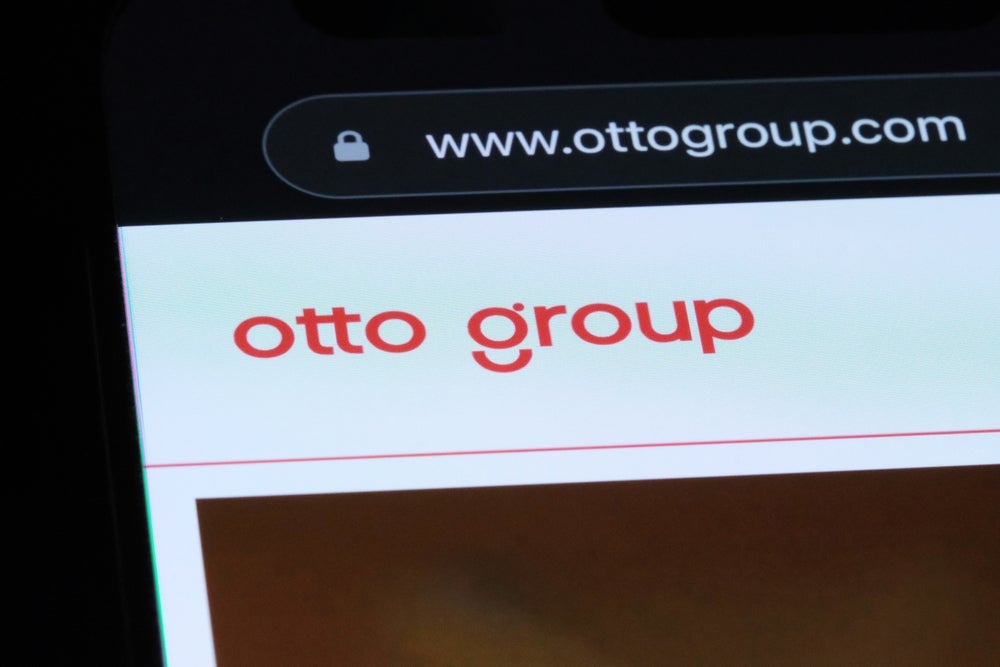
As part of the Leather Working Group’s continued mission to holistically improve the impact of the leather supply chain, the multi-stakeholder group has established a formal partnership with WWF, a globally renowned NGO.
The collaboration will combine the two organisations’ efforts and maximise their impact on a series of initiatives aimed at driving positive environmental and social change in the leather supply chain.
Historically, the LWG has sought input and guidance from NGOs such as WWF and the National Wildlife Federation (NWF), on topics such as traceability and deforestation. This new milestone strengthens the existing partnership, represented by WWF joining LWG as an official member as of August 2021.
The LWG-WWF collaboration will build upon LWG’s existing base of knowledge and established workstreams to investigate, establish, and promote additional solutions to support companies within the leather industry. In turn, members of the leather supply chain will be able to adopt robust systems and meet their science-based commitments in the areas of deforestation, water stewardship, human rights, and emissions.
Christina Trautmann, programme manager at LWG said: “Collaboration is key to our group’s success, and we are thrilled to have WWF join the LWG as a member and to continue strengthening our partnership with them to help us achieve our goals.”
She added: “By utilising WWF’s resources, as well as our own expertise and established connection with the leather industry, our strengthened relationship should yield meaningful, long-lasting change in the ESG practices of the leather supply chain.”
How well do you really know your competitors?
Access the most comprehensive Company Profiles on the market, powered by GlobalData. Save hours of research. Gain competitive edge.

Thank you!
Your download email will arrive shortly
Not ready to buy yet? Download a free sample
We are confident about the unique quality of our Company Profiles. However, we want you to make the most beneficial decision for your business, so we offer a free sample that you can download by submitting the below form
By GlobalDataMauricio Bauer, senior director, beef & leather supply chains at World Wildlife Fund (WWF) US explained: “The work being developed by the Leather Working Group to enhance sustainability of leather value chains is an important step forward in enhancing transparency and creating trust for leather stakeholders across the board, especially as LWG welcomes members of civil society for involvement and input.”
He added: “Incorporating requirements for additional checks on material sourced from threatened geographies into the auditing protocol is a very effective way to achieve zero deforestation and conversion supply chains for leather globally. The Leather Working Group aims to address habitat loss in an open, science based, data-driven way – WWF supports that.”
A key priority for the LWG is working towards a fully deforestation and conversion-free (DCF) leather supply chain through due diligence measures that are required within its LWG Audit.
While Version 7.0 of the LWG Leather Manufacturer Audit Protocol (P7) introduces a section on social auditing for the first time.
Managing the use of water in leather production has also been a key environmental priority within the LWG auditing standards. To strengthen this work, LWG will make use of WWF’s work on water resource protection to help all companies in the leather supply chain, including brands and retailers, to understand and manage their water usage, and reduce their impact.
And as part of the LWG Leather Manufacturer Audit, leather producers are assessed on a range of environmental impact factors, including air emissions and waste management.
In the future, the group aims to give brands and retailers more information about the carbon footprint of their suppliers, which will help them to understand and reduce their own carbon footprint accordingly. With WWF, the LWG will assist their member companies to set commitments to reduce greenhouse gas emissions and meet their science based targets.







